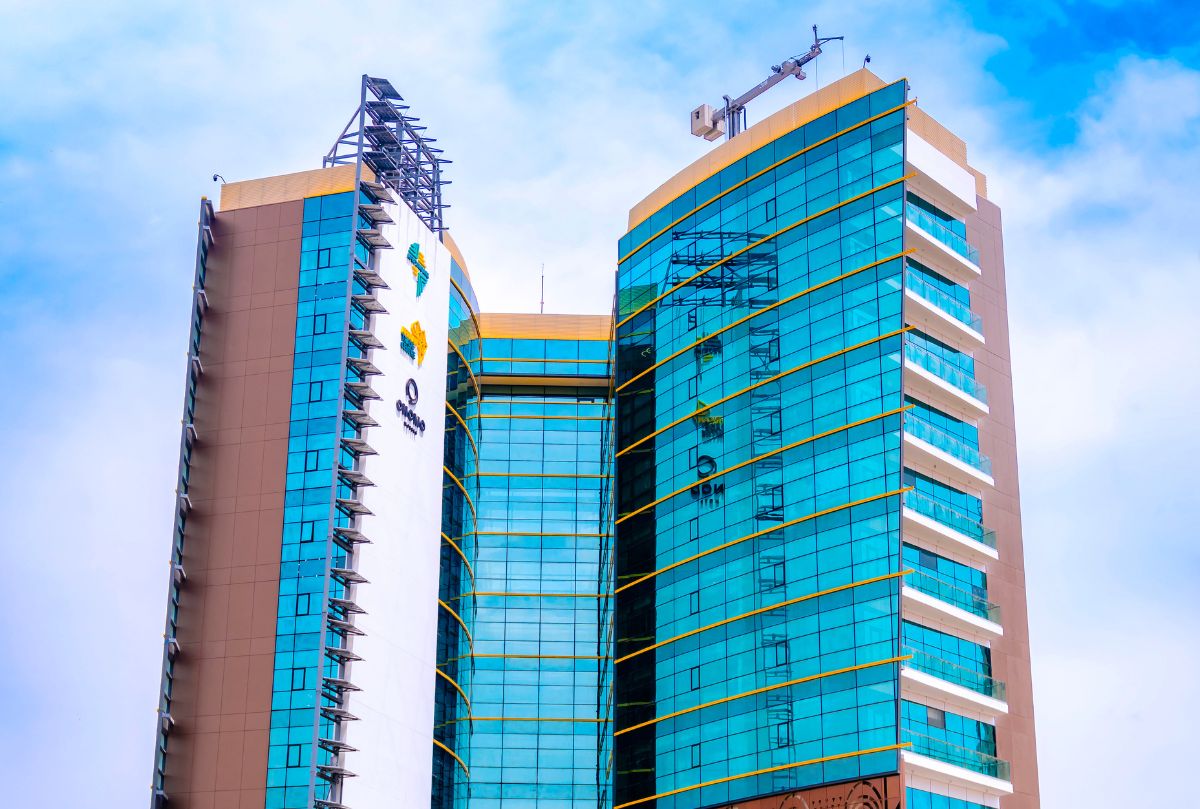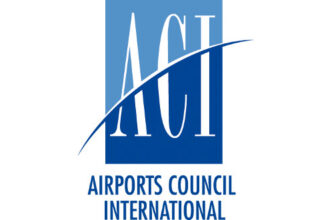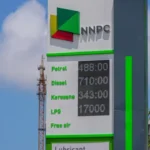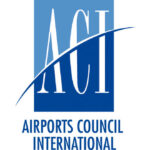Afreximbank has renewed its drive to expand intra-African trade, deepen industrialisation, and strengthen value-chain development across the continent. The bank made it clear that it wants every African nation to benefit from the rollout of the African Continental Free Trade Area, and it promised stronger trade-financing tools and more solid policy support to make that possible.
Dr. Gainmore Zanamwe, the Director of Trade Facilitation and Investment Promotion in the Intra-African Trade and Export Development arm of Afreximbank, delivered the message in Abuja during the AfCFTA Public Sector, Private Sector, and Press Summit. He explained that the bank has intentionally created financing instruments that can unlock new levels of trade and investment across the region. He pointed out that Afreximbank disbursed $20bn between 2017 and 2021 to support intra-African trade and plans to double that figure to $40bn by 2026. He spoke with confidence about the bank’s readiness to push the continent’s economic integration forward and to do so quickly.
Zanamwe highlighted two major intervention programmes that Afreximbank believes will change the structure of Africa’s production capacity: the Global Facility for Intra-African Trade Champions and the Engineer, Procure and Contract Initiative. He described both programmes as powerful vehicles for building homegrown industries capable of scaling across borders. Under the INTRA-CHAMPS platform, the bank offers financing, risk guarantees, advisory services, and ecosystem support to companies with the potential to become continental giants. He said the programme has already started reshaping African industries and pointed to real-world examples as proof.
He mentioned the rise of ElSewedy Electric, originally based in Egypt, which expanded into more than 15 African countries with the bank’s support. The company now delivers power and infrastructure projects that strengthen trade across the continent. He also spoke about the Dangote Group, which remains one of the bank’s major beneficiaries. Describing it as Africa’s most iconic industrial conglomerate, he said the company’s cement, fertiliser, and refinery operations now anchor several regional value chains.
Zanamwe used these examples to show that African companies can drive Africa’s industrial revolution when they have the right tools, financing, and policy environment. He emphasised that Afreximbank is not only financing trade but also laying the foundation for industrial advancement, competitiveness, and long-term prosperity. He noted that the bank’s involvement in the P3 Summit demonstrates its serious commitment to turning the AfCFTA from a legal document into a functioning, continentwide market.
He explained that Afreximbank will continue deploying its trade finance tools to speed up the rollout of the AfCFTA and said the bank sees the continental market as the perfect framework for achieving its mandate of promoting African trade. He acknowledged that some countries may struggle with the transition into a liberalised market, especially with tariff adjustments, but he said the bank has already taken steps to support countries facing these challenges.
He pointed to the AfCFTA Adjustment Fund, established by Afreximbank together with the AfCFTA Secretariat, and backed by a $1bn commitment. Out of this fund, $100m supports the Credit Fund for commercial projects, while $10m sits in the Base Fund to assist governments with policy reforms and temporary revenue losses. He noted that the Credit Fund is fully active, with $10m disbursed already, and fundraising efforts to expand the facility have continued since April 2025. He stressed that the Base Fund exists to ensure that no African nation is left behind, no matter its level of preparedness.
Zanamwe also spoke about trade standards and quality assurance, which he described as central to Africa’s competitiveness. He mentioned the bank’s support in developing the Africa Quality Policy and its role in reviewing Nigeria’s Quality Policy. He said Nigeria must strengthen its legal and regulatory framework to benefit fully from the AfCFTA. He encouraged Nigerian authorities to pass and implement the National Quality and Food Safety Bill to improve the safety and quality of inputs producers rely on and to boost the ability of local manufacturers to meet global standards. He added that stronger regulations will make African Quality Assurance Centres in Nigeria more sustainable and more valuable to exporters.
Throughout his address, he kept returning to the idea that the AfCFTA presents a once-in-a-generation opportunity for Africa. He called on governments, regulators, and private-sector players to push the agreement forward with urgency, stressing that the continent cannot afford hesitation. For him, the agreement represents Africa’s best chance at large-scale industrialisation, expanded production, and shared prosperity. He encouraged stakeholders to commit fully to the structural reforms and investments required to unlock the full benefits of the single market.
He closed his speech with optimism, saying the future of African trade is continental, integrated, and industrialised, and the time to seize that future is now.



















